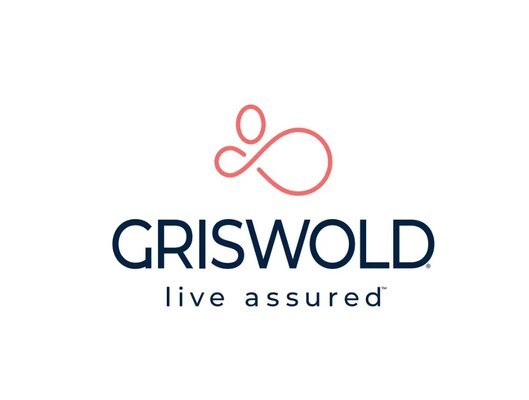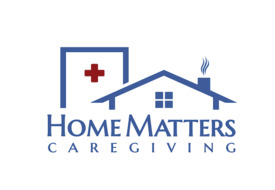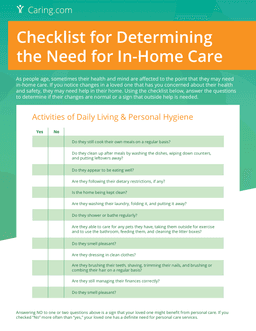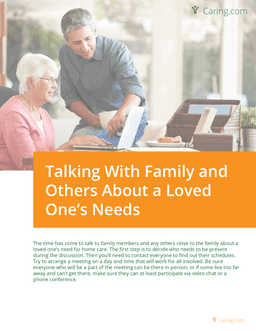
206 N Main St Suite 3, Greensburg, PA 15601
At Griswold Home Care for Greensburg, we offer compassionate in-home care for those who want support to live where they love. With over four decades of experience and a storied legacy of compassion and integrity, we focus on the people we meet and the connections we make right here in our own community. It is our privilege to support your unique needs with respect, empathy, and dedicated attention so you can Live Assured, without the weight of worry. Griswold is an award-winning pioneer in the non-medical home care industry. We believe Care Professionals are the foundation of our success, and our commitment to innovation is based on our desire to improve the lives of everyone we touch as we serve this community. We focus on personal care, homemaking, companionship, and support for those with conditions, illnesses, or injuries.
Pricing not available




















